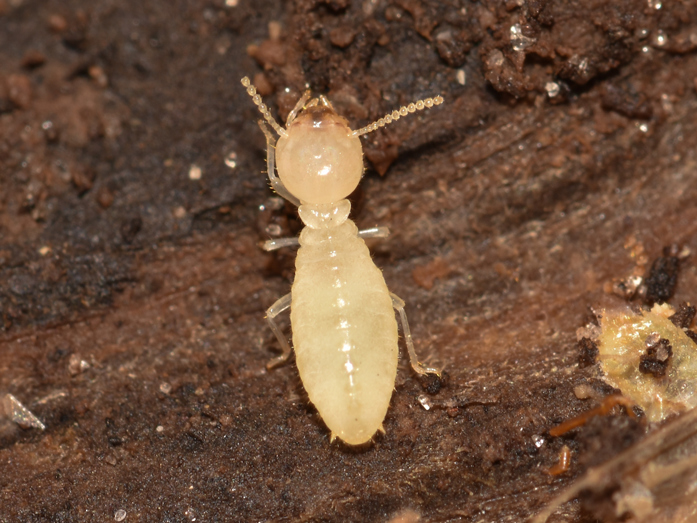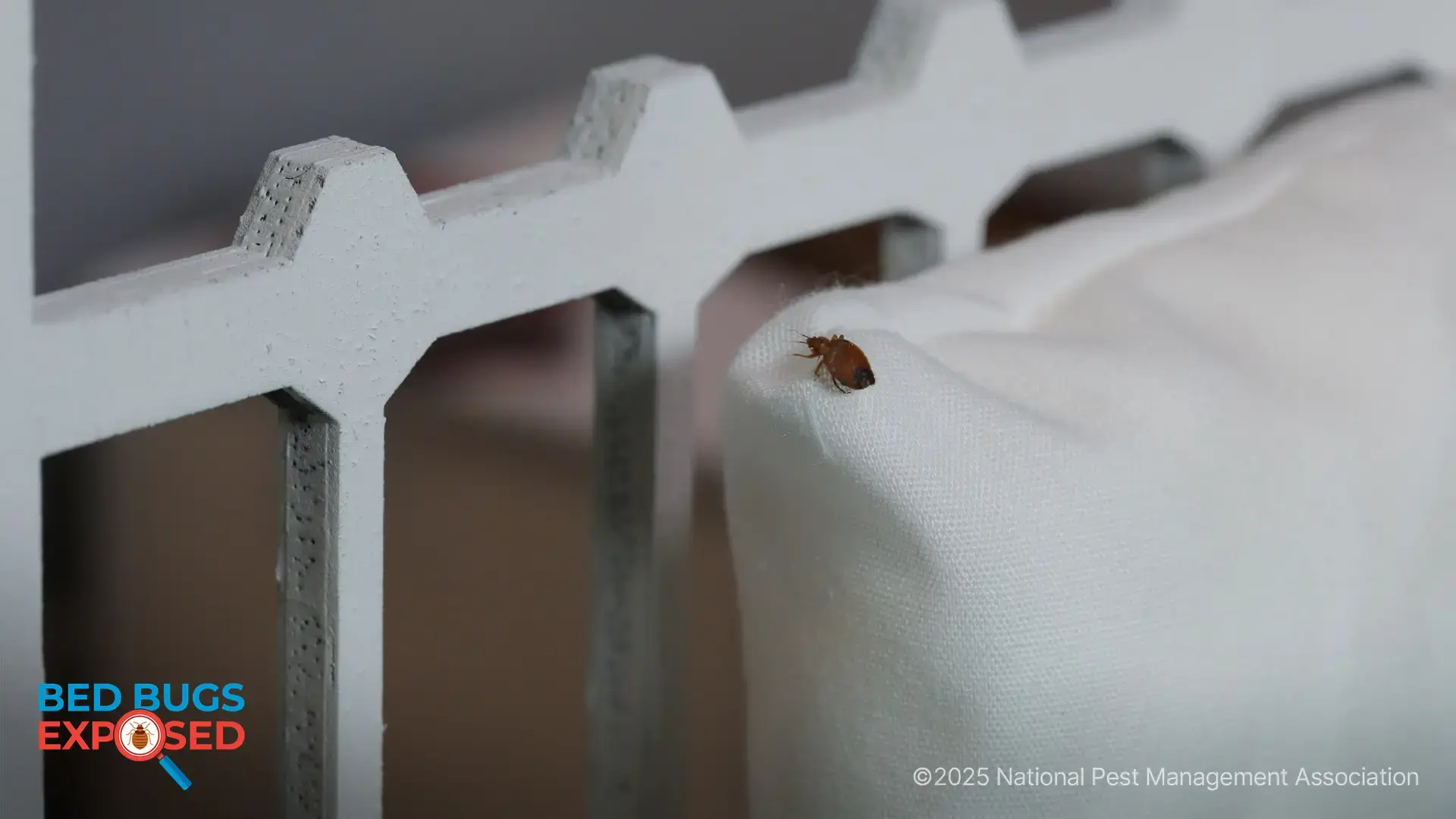What Do Termites Look Like?
Believe it or not, termites have been plaguing the Earth for more than 120 million years. Known as “silent destroyers”, you do not want to find this pest in your home as it is capable of destroying structures made of wood quickly. Instead of attempting do-it-yourself measures to eradicate an infestation, always work with a licensed pest control professional who can correctly treat termite infestations before they get worse.

Termite Appearance
Unfortunately, sometimes termites can be difficult to identify as they look similar to flying ants, a pest of much less concern. With multiple species found in the U.S., each of varying degrees of concern, it’s important to know which termite has infested your home.

Termite Color
Termites can vary in color. For example:
-
Some species, such as the conehead and dampwood termites, have cream bodies with dark heads.
-
Subterranean, drywood and Formosan termites tend to be cream or brown.
All worker termites are cream, so it can be difficult to know which has infested your home. It’s important to work with a pest control professional who knows what each termite species looks like, and can recommend the best course of treatment.

Termite Size
This pest is small in size, ranging from 3 mm to 1 inch long, depending on the species. Every species has long and oval-shaped bodies, but the conehead termite has a pear-shaped head.

Termite Swarmers Appearance
Termite swarmers, which have wings, can be mistaken as flying ants. When looking at the pest in your home, keep in mind that:
-
Winged termites have a straight waist, straight antennae and their wings are equal in size
-
Flying ants have waists that are pinched in the middle, bent antennae and two sets of wings with the top set being larger.
While flying ants swarm various times of the year, termites are likely to swarm in the spring.
What to Do If You Find Termites in Your Home
Don’t make the costly mistake of misidentifying termites in the home. Be sure to contact a licensed pest control professional right away. They’ll be able to determine the nature of your infestation and the best course of action.

Learn About Rodents
Rodents invade millions of homes each winter. Learn more about them!

NPMA's Bug Barometer Forecast
The latest Bug Barometer® forecast from the National Pest Management Association reveals what homeowners across America can expect from pest activity this fall and winter.

NPMA's Bed Bugs Exposed Project
Check out NPMA's Bed Bugs Exposed project to learn more about this hitchhiking pest and how to prevent an infestation at home.
Find a PEST PRO in your area

Learn About Rodents
Rodents invade millions of homes each winter. Learn more about them!

NPMA's Bug Barometer Forecast
The latest Bug Barometer® forecast from the National Pest Management Association reveals what homeowners across America can expect from pest activity this fall and winter.

NPMA's Bed Bugs Exposed Project
Check out NPMA's Bed Bugs Exposed project to learn more about this hitchhiking pest and how to prevent an infestation at home.
